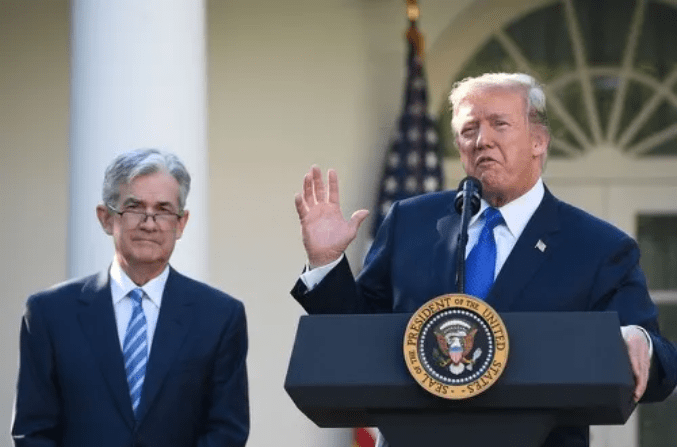U.S. stablecoins 'become legitimate', Trump rushes to sign the (Genius Act), what are the implications?
Trump signs the (Genius Act), marking the first time the U.S. has legislated to regulate cryptocurrency at the federal level. The core is to pull stablecoins (like USDT, USDC) out of the gray area and transform them into nationally recognized 'official currency tools'. This is significant and hides multiple layers of calculation.

The biggest change: Finally, there are national uniform rules!
Previously, each state and department managed things chaotically, leaving businesses and users confused (for example, legal in California but potentially illegal in Texas).
The bill defines stablecoins at the federal level for the first time, setting issuance thresholds (like capital, auditing) and operational rules, laying out the bottom line, allowing the industry to 'have laws to follow'.
Why target stablecoins first? They pose the greatest risk!
Stablecoins (usually pegged 1:1 to the dollar) serve as the 'pipeline' connecting cryptocurrencies and traditional finance, with all trading settlements relying on them.
If it goes wrong (like the UST collapse), it will immediately 'set off a chain reaction' affecting ordinary people's wallets. Containing it means first plugging the risk spillover. (Pragmatic choice)

What's Trump in a hurry for? Seizing territory + rallying votes!
Seizing the power to set rules: The world (EU, Asia) is competing for crypto dominance. Whoever establishes the rules first will attract giants and hot money. The U.S. is taking action because it doesn't want to fall behind; it wants to stabilize the 'foundation' (stablecoins) of crypto and attract capital back. (Core motivation)
Responding to voters: Over 1/5 of Americans have engaged with cryptocurrency, and the industry creates a large number of jobs. The previous regulatory ambiguity was criticized; legislation can demonstrate a 'problem-solving' stance to win over this portion of the electorate. (Political calculation)
Quick action: Combining recent 'strong push' operations clearly aims to seize the time advantage, fearing the market will be taken by other countries. (Intent to jump the gun)
Impact on all parties:
Industry: Short-term, small companies will struggle to survive (high compliance costs), but long-term, compliant large enterprises (like PayPal, Circle) will benefit, leading to a more concentrated and stable industry, reducing 'regulatory panic' sell-offs.
Users: Using compliant stablecoins is safer (reduced risk of flight), but high-yield 'wild path' products will decrease, resulting in fewer choices.
Globally: The U.S. takes the lead, potentially prompting other countries to accelerate legislation and push global regulation towards 'having a common baseline'.
The key is to land: Don't celebrate too early!
Execution details determine success or failure: How will regulatory agencies check? Will existing projects face a 'one-size-fits-all' approach or be given time to adjust? Will Bitcoin and Ethereum be regulated? Will other countries recognize U.S. standards?
The core is to set the direction: The U.S. is shifting from 'free-range' to 'enclosed' management of cryptocurrency. Compliance becomes a prerequisite for survival; users will have to see 'whether it complies with federal law' in the future.
The biggest challenge: How to find a balance between 'containing risks' and 'leaving room for innovation'? This will determine whether the U.S. can maintain its advantages in the crypto era. (Key to success or failure)#GENIUS稳定币法案
Wall Street is secretly laying out 'compliant stablecoins'! How can retail investors snatch a piece of the pie? I've designed three anti-harvesting strategies!
Want to delve deeply into the crypto world but can't find direction? Want to quickly grasp the information gap? Click on my profile to follow me! Real-time sharing of first-hand news and in-depth analysis, precise trading signals, stay updated on crypto dynamics!

